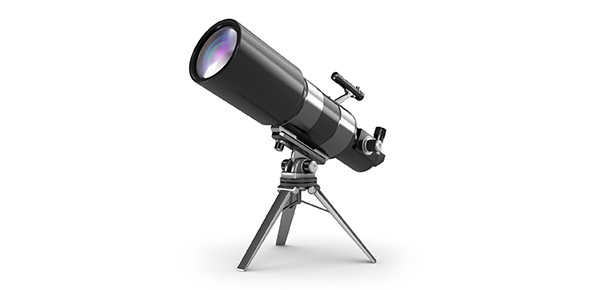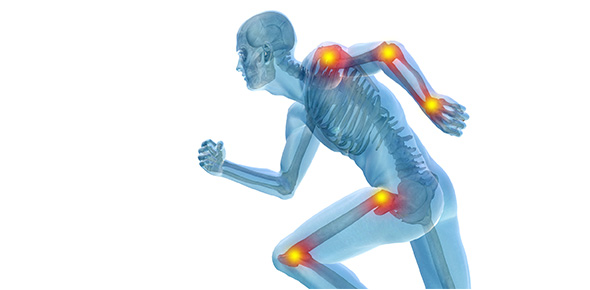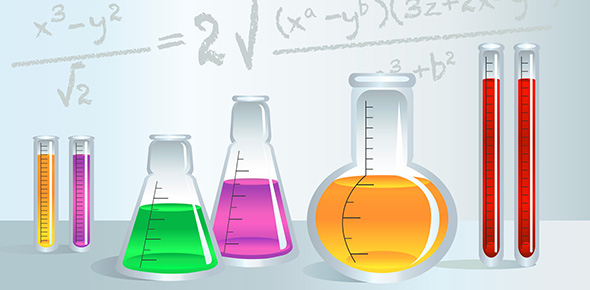Related Flashcards
Related Topics
Cards In This Set
| Front | Back |
|
Cognition
|
Thinking
and using knowledge
|
|
·
metacognition
|
we’re not calculating everything
|
|
Geons and "impossible figures"
|
·
We have a vocabulary of shapes
o
Geometrical “check” list
· Geons: cylinder, cube, funnel, etc à Objects comprised of these Geons: telephone, lamp, etc · 1: cheese grater, 2: rectangular cube, 3 cylinder, 4 cone with top off, 5: macaroni noodle · Impossible figures |
|
Prototype theory of meaning
|
Many
categories are best described by familiar or typical examples
ie. airplane, bus, car |
|
Spreading activation
|
–
thinking about one concept will activate, or prime, the concepts linked to it
è Related to
“priming” – reading or seeing a word makes it easier to think or recognize a
related word
|
|
Stroop effect and automatization
|
– tendency to read the words instead of saying
the color of ink o
GREEN, WHITE, BLUE
|
|
Mental rotation and map image-scanning studies
|
·
Viewing
a mental image is at least partly like real vision.
·
Perceiving
an object is the same, even if viewed from 2 different perspectives.
·
If
people visualize mental images, then the time it takes them to rotate a mental
image should be similar to the time needed to rotate it.
|
|
Change blindness
|
Failure to detect changes in parts of a scene;
magicians exploit this
|
|
Attentional blink
|
Difficulty to shift attention from one stimulus to another;
Takes time to shift attention from one item to the next |
|
Nature of expertise
|
·
Some
people develop expertise within a given field that enables them to solve
problems quickly with a minimum of error, learn to apply appropriate algorithms
quickly and recognize which heuristics work in a particular situation and which
don’t.
· The people develop skills by practicing certain devices. This requires approx. 10 years of intense practice. Developing expertise expands the axons, dendrites, and probably cell bodies in the brain areas relevant to that skill. · Practice of any skill improves performance of that skill, but we have no clear evidence that mental exercise improves performance of skills one has not practiced. · Experts can also look at a pattern and recognize important features quickly. |
|
Algorithms
and heuristics
|
·
Algorithms: a mechanical, repetitive procedure
for solving a problem or testing every hypothesis
· Heuristics: strategies for simplifying a problem and generating a satisfactory guess o i.e. when guessing the eldest child, guess the tallest, complicated ingredient is assumed unsafe, city with familiar name considered more populated, etc |
|
Representativeness heuristic
|
·
the assumption that an item that resembles
members of some category is probably also in that category
· usually correct, except when dealing with unfamiliar categories |
|
Availability heuristic
|
·
The tendency to assume that if we easily think
of examples of a category, then that category must be common. You remember
reports of airplane crashes, than car crashes so you think air travel is more
dangerous
|
|
Base-rate information
|
·
how common the two categories are
To decide whether something belongs in one category or another, you should consider the base-rate information—that is how common two categories are. |
|
Overconfidence
|
·
Those who are more confident in making predictions/
answers are usually less correct
|







